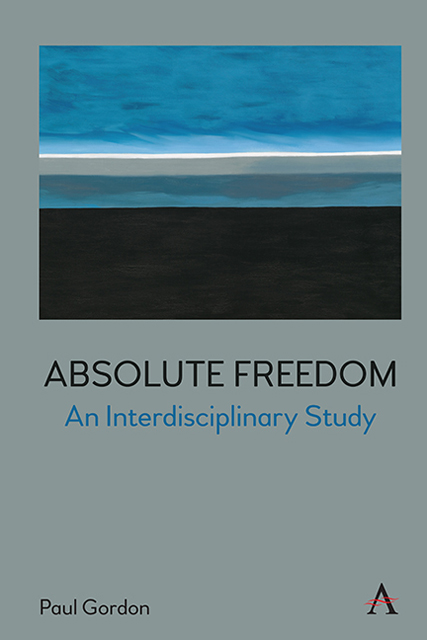Summary
The First Amendment to the Constitution confirms the close connection between political freedom and tolerance in general (discussed in the preceding chapter) with the freedom of speech:
Congress shall make no law respecting an establishment of religion, or prohibiting the free exercise thereof; or abridging the freedom of speech.
The chapter on “Academic Freedom” also relates directly to our analysis of free speech, as evident in the “Free Speech Movement” that began on the University of California Berkeley campus during the Fall semester of 1964. It is certainly no coincidence that the question of free speech should arise in these two “zones” of positive freedom (religion and academia), as well as in the more obvious contexts of government, whose deliberative bodies must allow for free and open debate to function properly, or even in art (the subject of the following chapter). In order to make this broad topic more manageable we will examine “free speech” first in the context of the “Free Speech Movement”; second, free speech in its governmental context (including freedom of the press) and, finally, we will examine the phenomenon of “small talk” in Melville's Bartleby the Scrivener and Dostoyevski's Notes from Underground […] in order to determine whether it is possible, in our daily lives, to turn the adjective into a verb and to “free speech.”
The Free Speech Movement Set into the ground outside Sproul Hall, the building occupied by protestors during the height of the Free Speech Movement at UC Berkeley, there is a monument created in 1991 by the artist Mark Brest van Kempen to commemorate the events that took place there a quarter of a century earlier. The monument, or rather the disk,
[…] is located, appropriately, in Sproul Plaza. The monument consists of a six-inch hole in the ground filled with soil and a granite ring surrounding it. The granite ring bears the inscription, “This soil and the air space extending above it shall not be a part of any nation and shall not be subject to any entity's jurisdiction.”
The monument does not refer directly to the events of ‘64-’65 but, rather, to the soil and to the air above it which belong to no one, not even to the University, the nation, or any institution or “entity.”
- Type
- Chapter
- Information
- Absolute FreedomAn Interdisciplinary Study, pp. 97 - 110Publisher: Anthem PressPrint publication year: 2022



